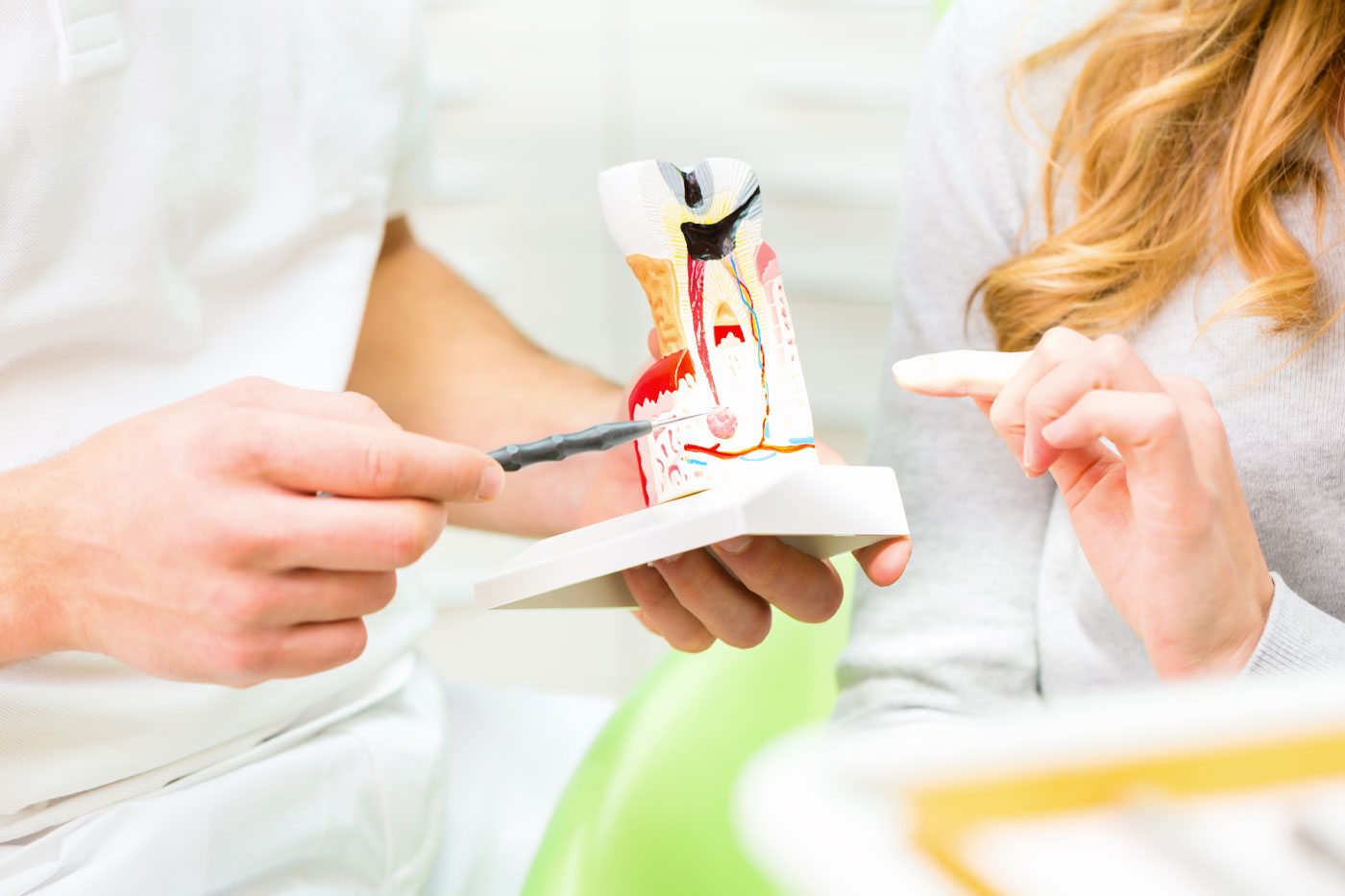
What to do if my crown is chipped?
Dental crowns and bridges are both common dental treatments used to restore damaged or missing teeth.
A dental crown is a tooth-shaped cap that is placed over a damaged or weakened tooth to restore its size, shape, strength and appearance. Material like porcelain, ceramic, metal alloys, and composite resin can be used to make crowns. They are often used to protect and strengthen teeth that have been damaged by decay, injury, or root canal therapy. Crowns can also be used to cover a dental implant or to anchor a dental bridge in place.
A dental bridge is a prosthetic device that is used to replace one or more missing teeth. Bridges are typically composed of one or more artificial teeth that are held in place by dental crowns that are attached to the adjacent teeth. Bridges can be made from a variety of materials, including porcelain, ceramic, metal alloys, and composite resin. They are often used to restore the function and appearance of a patient’s smile after tooth loss.
Both dental crowns and bridges are custom-made to fit each patient’s individual needs and are designed to blend in seamlessly with their natural teeth. If you are considering either of these restorations, it is important to discuss your options with a qualified dental professional to determine which treatment is best for you.
Now coming to the point, what to do if my crown is chipped:
If your dental crown is chipped, you should contact your dentist as soon as possible to have it examined and repaired. A chipped crown can cause discomfort, as well as expose the underlying tooth to potential damage and decay.
In the meantime, there are a few steps you can take to manage any discomfort and protect the chipped crown:
Avoid eating hard, crunchy, or sticky foods that could further damage the crown.
Rinse your mouth with warm salt water to help alleviate any discomfort or swelling.
If you experience any pain, you can take over-the-counter pain relievers such as ibuprofen or acetaminophen.
Use dental wax to cover any sharp or jagged edges of the chipped crown to prevent it from irritating your tongue or cheek.
Remember, a chipped crown should always be addressed by a dental professional to ensure that it is properly repaired and your oral health is maintained.
